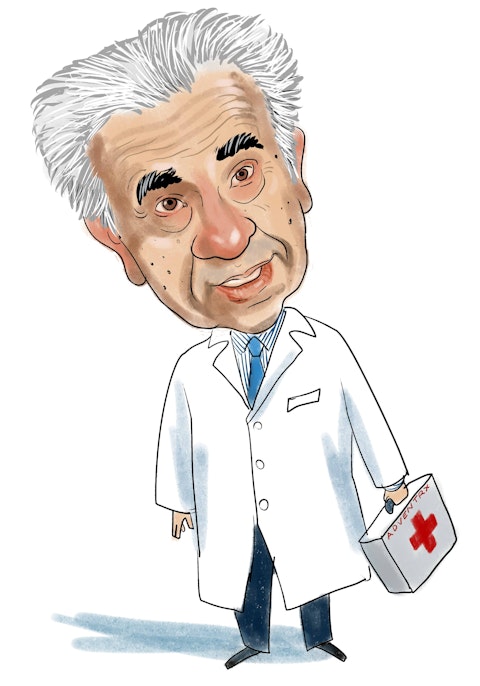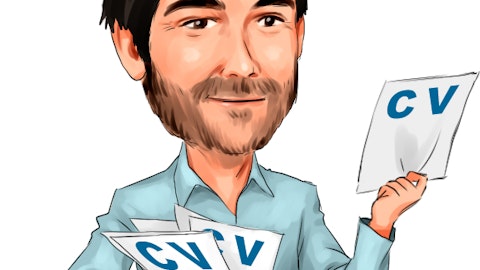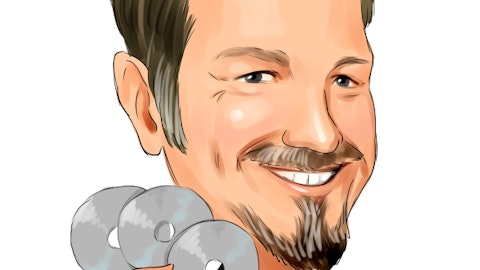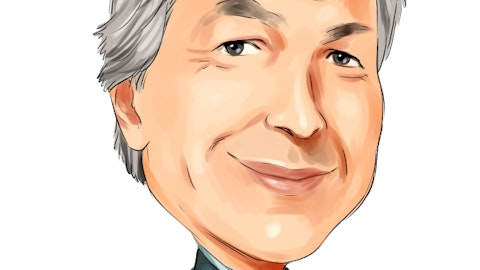Editor’s Note: Related tickers: Steinway Musical Instruments Inc (NYSE:LVB), Google Inc (NASDAQ:GOOG), The Blackstone Group L.P. (NYSE:BX), Priceline.com Inc (NASDAQ:PCLN), JPMorgan Chase & Co. (NYSE:JPM), UBS AG (ADR) (NYSE:UBS), Credit Suisse Group AG (NYSE:CS), Office Depot Inc (NYSE:ODP)
Icahn to return to St. Louis business prominence with Lumiere deal (StLToday)
Corporate takeover artist Carl Icahn is about to become a big player in the local casino business. His Tropicana Entertainment last week reached a deal to buy Lumière Place, the glitzy riverfront casino, its adjoining Four Seasons hotel and HoteLumière, for $260 million cash. Icahn is best known in St. Louis for his ownership of now-defunct Trans World Airlines. He bought the airline in 1985 but became a local pariah after he pulled nearly $1 billion out of the company and doubled its debt to $2.67 billion. His involvement ended when he surrendered control in 1993. American Airlines later bought TWA, and eliminated the passenger hub at Lambert-St. Louis International Airport.

Steinway bought by hedge fund firm for $512m (Classical-Music)
The historic musical instrumental company Steinway Musical Instruments Inc (NYSE:LVB) is to be sold for $512m (£330m) to hedge fund firm, Paulson & Co. Inc. The offer from Paulson, which is owned by the investor John Paulson, beat a previous offer from Kohlberg & Co. Paulson offered $40 per share, trumping the $35 per share offer from Kohlberg. Paulson himself owns three Steinway Musical Instruments Inc (NYSE:LVB) & Sons pianos, including the 6’11” Model B grand piano, but is best known in the financial world for making his money betting against the subprime mortgages at the heart of the 2007 financial crisis.
J.P. Morgan Hires UBS’s Senior Prime Broker in Asia (WSJ)
JPMorgan Chase & Co. (NYSE:JPM) +0.56% & Co. has named a new head of prime brokerage account management for Asia Pacific, as investment banks jostle to win business in the region’s growing hedge-fund industry. Chris Barber, who joins the U.S. bank as a managing director, was previously head of prime brokerage account management for Asia Pacific at UBS AG (ADR) (NYSE:UBS) -0.65%, according to an internal memo seen by MoneyBeat on Wednesday. He will be based in Hong Kong. Mr. Barber’s appointment comes after JPMorgan Chase & Co. (NYSE:JPM) hired David Leahy in May from Credit Suisse Group AG (NYSE:CS) as its head of Asia Pacific prime services sales.
What Google, Priceline.com, and Michael Kors Have in Common (InstitutionalInvestorsAlpha)
It looks like the Tiger descendants are talking again . . . or at least syncing up their brains more closely. Between four and seven of these hedge fund managers, who have some sort of roots in Julian Robertson Jr.’s famed hedge fund firm, Tiger Management, owned at least five of the same stocks at the end of the second quarter: Priceline.com Inc (NASDAQ:PCLN), Google Inc (NASDAQ:GOOG), Valeant Pharmaceuticals International, Liberty Global and Michael Kors. Several other stocks counted at least three members of this much-watched group as holders.
Blackstone looks to entice retail investors (WorldFinance)
While hedge funds have gained a reputation as being investment strategies only for financial experts and the risk averse, one of the world’s leading firms is hoping to attract a wider range of retail investors with the launch of a new fund. The Blackstone Group L.P. (NYSE:BX), the US-based investment giant, has partnered with mutual fund provider Fidelity Investments to offer retail customers the chance to put their money into the relatively high-risk strategies. Fidelity’s Portfolio Advisory Service (PSA) – which is made up of clients that have funds worth a minimum of $50,000 – has started investing in The Blackstone Group L.P. (NYSE:BX)’s Alternative Multi-Manager Fund.
Trading JCP now that it’s ‘less worse’ (CNBC)
Employment won’t necessarily improve with the economy, hedge fund cautions (WhatInvestment)
Earlier in August the Bank of England’s Monetary Policy Committee issued forward guidance that interest rates were unlikely to be raised until the unemployment rate stood at 7 per cent or less. With the rate presently at 7.8 per cent, the committee forecast that this threshold would not be met until the third quarter of 2016. However, despite GDP growth data strengthening in the UK and in Europe, Brevan Howard has cast doubt on whether monetary policy will be tightened according to that timeframe. ‘There is considerable uncertainty about the unemployment rate forecast,’ the hedge fund noted. ‘With large swings in productivity in the past five years, the relationship between GDP and employment has been weaker than it has been in the past.’
No taking stock (NYPost)
Still bruised from his fight with the Securities and Exchange Commission, hedge- fund billionaire Phil Falcone faces a new battle — this time over the crown jewel of his troubled empire. Disgruntled investors of Falcone’s hedge fund, Harbinger Capital, are eyeing his successful publicly traded entity, Harbinger Group, as a potential gold mine, The Post has learned. Harbinger, a holding company that trades on the New York Stock Exchange, owns a portfolio of companies, including Spectrum Brands, the maker of Rayovac batteries, and lingerie retailer Frederick’s of Hollywood.
Office Depot ends board dispute with main shareholder Starboard (Reuters)
Office Depot Inc (NYSE:ODP) said on Wednesday it had agreed to allow three executives nominated by its largest shareholder Starboard Value LP to sit on the board of directors, staving off proxy solicitation by the activist investor hedge fund. Starboard Value, which holds a 14.6 percent stake in Office Depot, had initially nominated six members to the board of the second-largest U.S. office supply retailer, citing the lack of experience among current board members.
What’s Wrong With Hedge Fund Boards — And Who is Trying to Fix Them (InstitutionalInvestorsAlpha)
In 2009 investors in the London hedge fund firm Weavering Capital got a very unpleasant surprise. When they tried to cash out of the Weavering Macro Fixed Income Fund, domiciled in the Cayman Islands, they found out that their money simply wasn’t there. Instead, Weavering’s assets were tied up in swap transactions with an entity that turned out to be controlled by firm founder Magnus Peterson. The swaps ultimately proved worthless — with a London judge later declaring that they were “sham” transactions set up to inflate the fund’s net asset value — and investors lost more than $530 million when the fund collapsed. The fund’s board of directors included none other than a brother and the stepfather of Peterson; they were found guilty by the Cayman Grand Court and each fined $111 million in August 2011.
Former top SAFE manager Chan lines up Agamemnon launch (HedgeFundIntelligence)
Haye Chan, the former senior portfolio manager and head of research at SAFE Investment Company, the investment arm for China’s $3.5 trillion foreign exchange reserves, is launching his own hedge fund vehicle later this year. Chan, a veteran investor in distressed investments, fixed income and equities who was senior portfolio manager of the flagship portfolio at SAFE Investment, resigned from his post in June this year. His new firm, Agamemnon Capital, is now preparing to launch a global event-driven special situations fund that will deploy a strategy largely similar to that which…
Indian markets get ready for September of QE tapering (IndiaTimes)
The rupee is sinking, the stock market’s coming crashing down, and top brokerage firms are cutting their outlook on India left, right and centre; but the government is giving fresh signals, the latest being the ban on duty-free import of flat-screen televisions, after last week’s much criticised moves by the RBI to curb dollar outflows. Does the Indian government not understand economics, as says the famous Wall Street trader Jim Rogers; or, is the government left with no option? Well, although none is certain, talks of the US beginning to pull back its quantitative easing programme from September is not far from the possibility.




